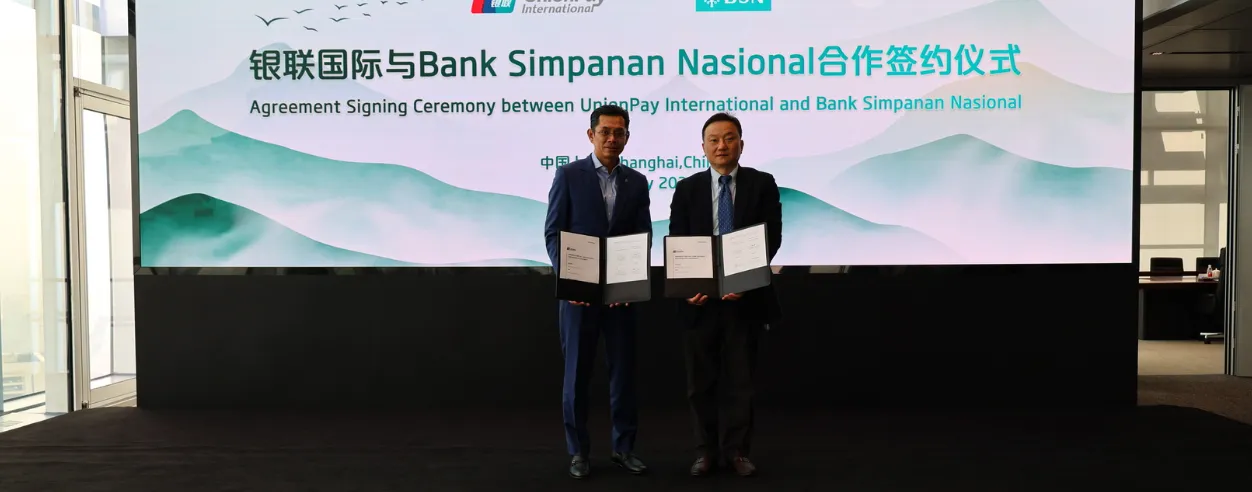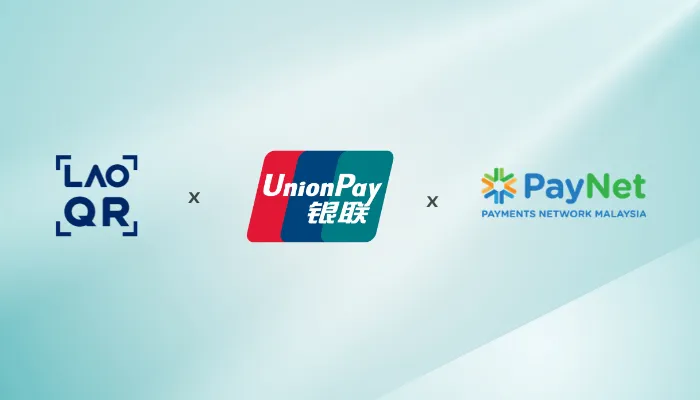Kuala Lumpur, Malaysia – UnionPay International has recently announced it has teamed up with Bank Simpanan Nasional (BSN) to launch UnionPay QR payment in Malaysia during the first half of 2025.
This strategic partnership emphasises both companies’ dedication to advancing digital payment solutions in the country as well as enhancing its evolving payment ecosystem. Said move further enables BSN to join UnionPay as a member, expanding its payment system offerings to include UnionPay, Visa, Mastercard, and MyDebit.
Strengthening its position in the digital payment sector, BSN is expanding its payment capabilities by adding QR payment options. This development intends to empower young, tech-savvy consumers to make easy and secure domestic and international payments using UnionPay’s trusted QR payment system.
With the introduction of the popular QR payment solution in Malaysia, BSN is also set to offer a seamless, up-to-date payment option that caters to the changing needs of local communities. This collaboration underscores a shared commitment to innovation and enhancing customer experiences.
Dr. Jian Jiangtao, regional head at UnionPay International (Southeast Asia), said, “We are thrilled to embark on this strategic collaboration with BSN, a leading development financial institution in Malaysia. This partnership allows us to expand our digital payment solutions while contributing to the growth of Malaysia’s digital payment ecosystem.”
“With this virtual QR Pay solution, consumers will benefit from greater convenience, security, and control over their spending, enhancing their financial experiences, especially during cross-border travel,” added Jiangtao.
Encik Jay Khairil, chief executive at BSN, also said, “This partnership with UPI marks a significant milestone in BSN’s digital transformation journey. The QR payment solution enables customers to transact effortlessly across UnionPay’s extensive network, including China and other participating countries.”
“BSN’s facilitation of QR Pay acceptance amplifies our commitment to supporting micro-businesses and SMEs in adopting cashless payment solutions,” concluded Khairil.












